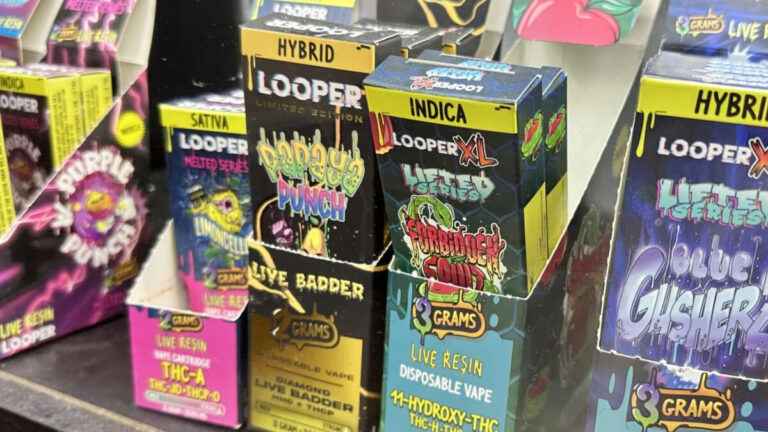Alabama lawmakers have introduced House Bill 445, which aims to impose stricter regulations on THC products, including delta-8, delta-9, and delta-10. The proposed legislation seeks to restrict the sale of these products to locations inaccessible to minors and establish labeling, testing, and THC content limits for consumable hemp products.
Under HB 445, the Alabama Alcoholic Beverage Control Board would be responsible for regulating hemp products through the licensure of manufacturers, wholesale distributors, and retailers. Those wishing to sell these products would need to obtain a license, similar to the requirements for selling alcohol. The bill would also limit the sale of consumable hemp products to liquor stores and other establishments where minors are not permitted.
The proposed regulations include labeling and testing requirements for consumable hemp products, as well as limits on the allowable THC content per product. Beverages would be limited to 5 mg of THC, while other products would be restricted to 0.3% of the dry weight.
Concerns about the lack of regulation and the potential harm caused by THC products have been raised by individuals like Mason Dunn, who claims that these products are ruining his grandson's life. The Compact Program in Shelby County, which focuses on combating youth drug abuse, has also expressed concerns about the lack of FDA regulation and the potential dangers associated with these products.
HB 445 aims to address these concerns by implementing stricter regulations, although it may result in higher prices for THC products due to the proposed excise tax on gross sales. The tax proceeds would be distributed to the State General Fund, counties, and municipalities, and a Consumable Hemp Product Compliance Fund would be created to cover the board's administration and enforcement costs.
The bill is currently pending action in the House Committee on Health. If passed by both the House and Senate and signed by the governor, the law would take effect on January 1, 2026.


